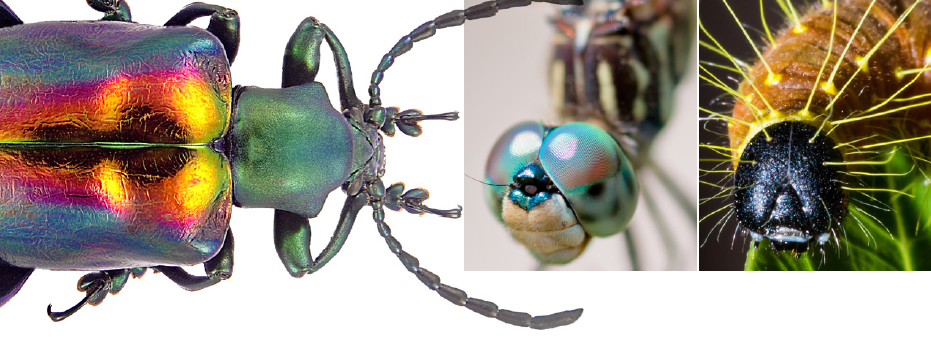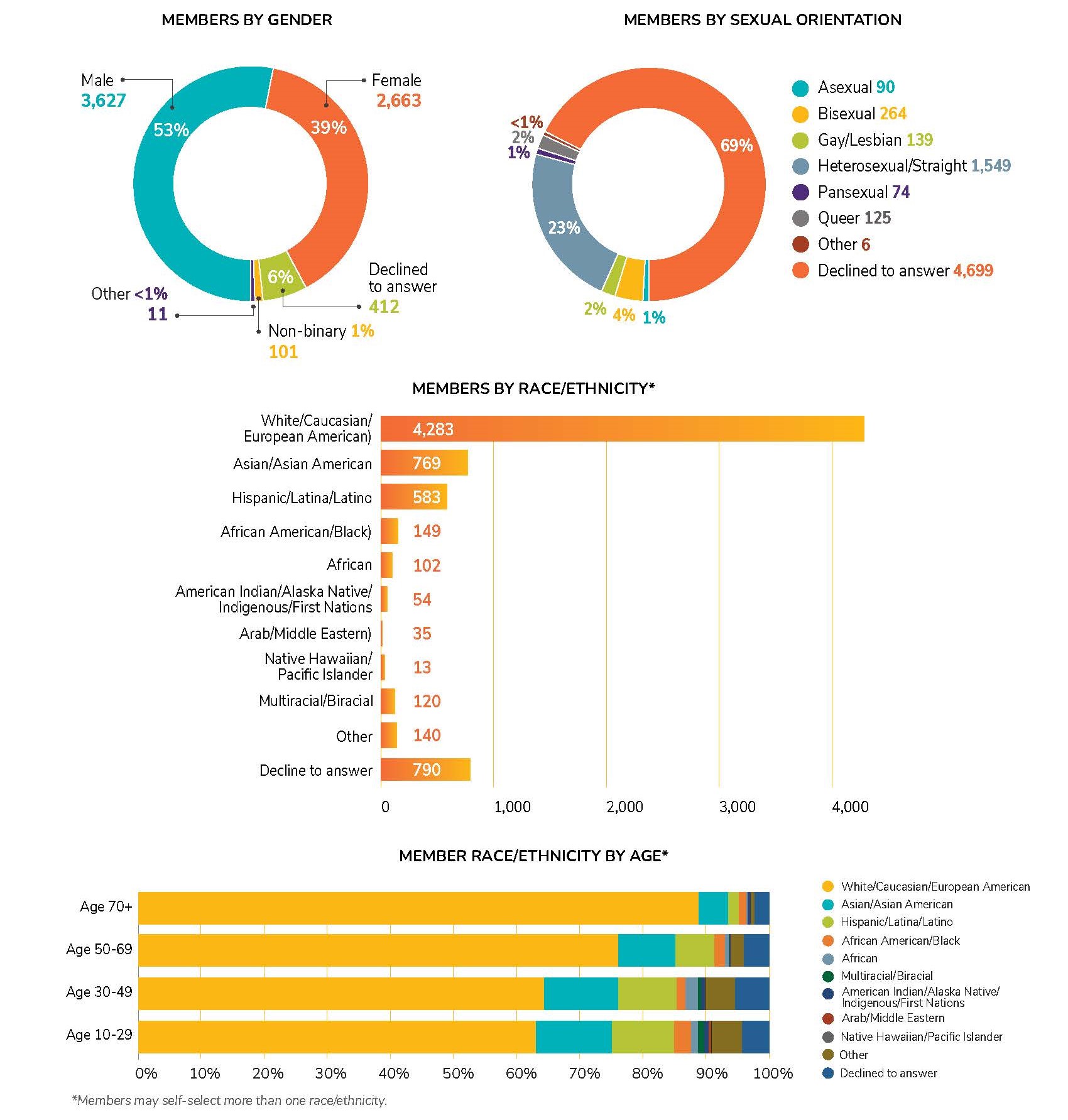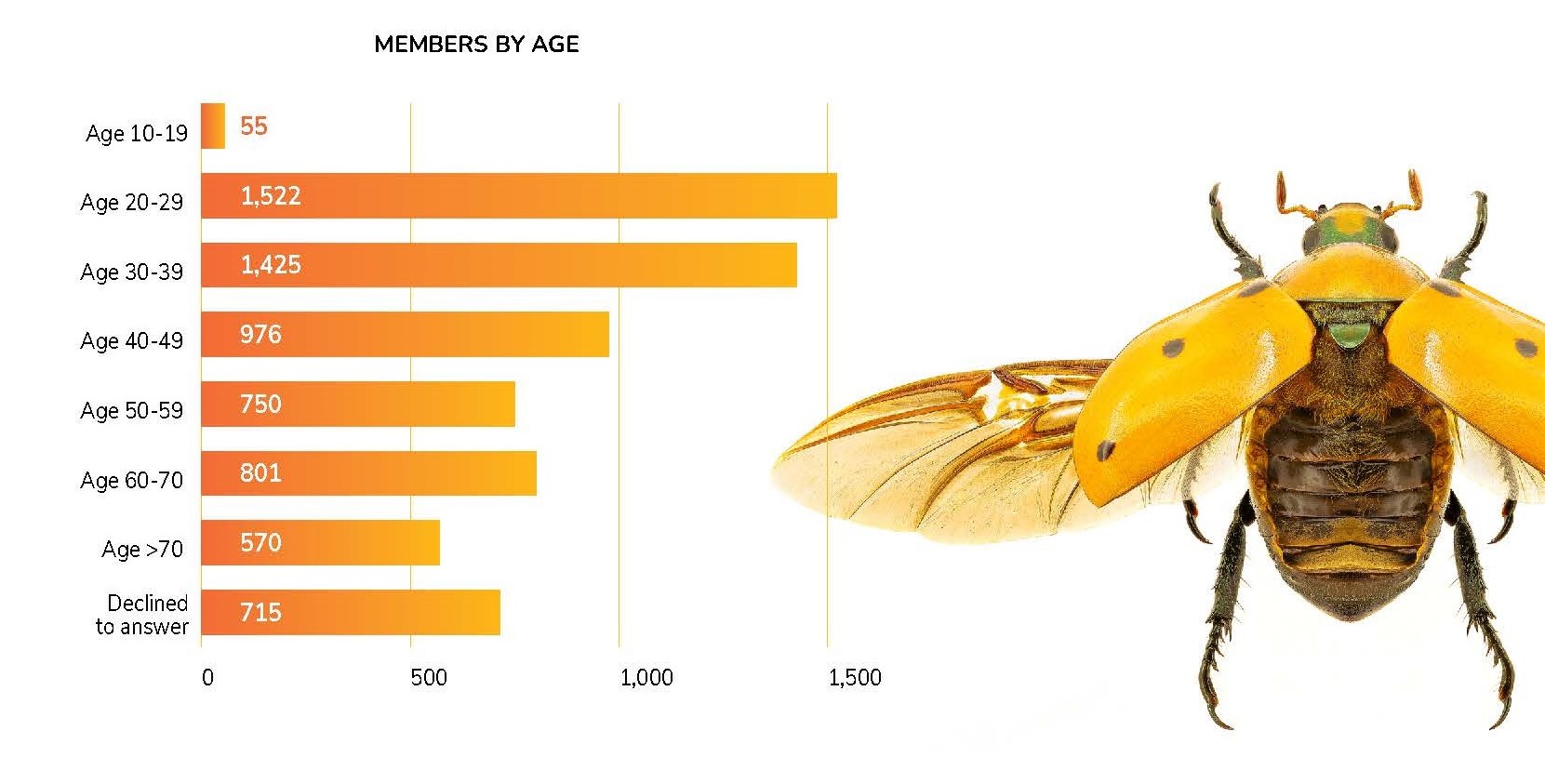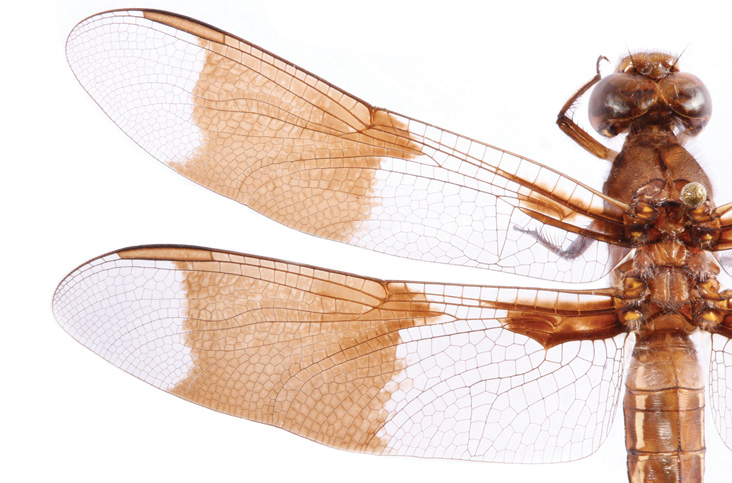
The Entomological Society of America (ESA) began its journey to create a more inclusive society in 1989. The journey continues today. While we have made progress, we are aware of the continuing challenges we face. ESA recognizes that a thoughtful strategic plan—with qualitative and quantitative markers, transparency, accountability, and a long-term commitment—is required to reach our diversity, equity, and inclusion (DEI) goals.
For ESA, DEI is a call-to-action that requires short-term improvements and long-term strategic planning conducted by the Society’s Governing Board. ESA’s board and staff have led and embraced the Society’s commitment to DEI and have been engaging in a yearlong strategic planning process since 2021. In July 2015, ESA’s Governing Board established a committee on Diversity and Inclusion (D&I) with the goals of proposing resources, programs, and services that would maximize diversity and inclusion support amongst ESA members and increase ESA members’ cultural competency. Ten years on, the DEI Committee is an open committee, structured into several subcommittees, that continues to meet monthly to work on these goals, many of which are highlighted below. In addition, ESA hired a full-time staff professional in 2020 focused on DEI within the Society and entomological community. To learn more about the DEI Committee, please contact Stacie East (seast@entsoc.org) or Meaghan-li "Lili" McArdle (mmcardle@entsoc.org).
Below, learn more about ESA’s plans for Diversity, Equity, and Inclusion.
DIVERSITY:
For ESA, diversity requires that we recognize the multiple identities of our members, entomologists, scientists, and the people and communities who engage with insect science. ESA began asking members to describe their race and gender in 2021. We modified the options in these categories to better encompass the ways our members describe their race, gender, and sexuality and to ensure we serve all our members and other communities. Here is a snapshot of ESA's membership in 2024.
Note: ESA collects demographic information about members to better understand key aspects of diversity in the insect scientist community. A member’s decision to provide this information is optional, and some information has been collected only beginning in the past few years, leading to limited information in some categories.
Member Identities


EQUITY:
Equity requires that all individuals be able to participate in entomology and STEM based on passion, interest, and ability. ESA recognizes that individuals who identify as women, Hispanic, black African, and Native American are underrepresented in entomology when compared to the general population in the United States. Full participation in STEM-related professions has been suppressed for many by structural barriers and explicit racism and sexism. Collective action is a necessity for systemic change, and a scientific society sits in a unique position to bring people together and guide that collective action.
 INCLUSION:
INCLUSION:
Inclusion is ESA’s practice of creating a sense of belonging and support in our community. Practically, ESA must ensure its leadership, awards, honors, scientific symposia, and other programming recognize the valuable contributions of members and entomologists from all communities. Here are some highlights of ESA’s many activities to create an inclusive community:
-
Making sure all ESA content in the form of competitions, publications, symposia, webinars, and other programming reflects the age, gender, sexual, racial, and ethnic diversity of the membership.
-
Recognizing the contributions from all ESA communities and honoring those dedicated to building a more diverse and inclusive profession.
-
Membership opportunities for students and scientists in underrepresented groups through such partnerships with EntoPOC and via other membership drives.
-
Mentorship opportunities for students and early career professionals who are members of underrepresented groups, to improve access to the connections that will give them the insight to succeed.
- Providing a platform to highlight voices, experiences and DEI initiatives within ESA. In Fall 2021, the DEI Committee launched a new column in American Entomologist ‘Entomology for All’ . Learn more and submit today.
-
Hosting webinars and annual meeting symposia featuring variety of topics (e.g., diverse and non-traditional entomology careers, professional development, mentoring, building diverse skill sets and resilient careers) and offering opportunities to network with diverse speakers representing different organizations, career stages, and DEI categories.
